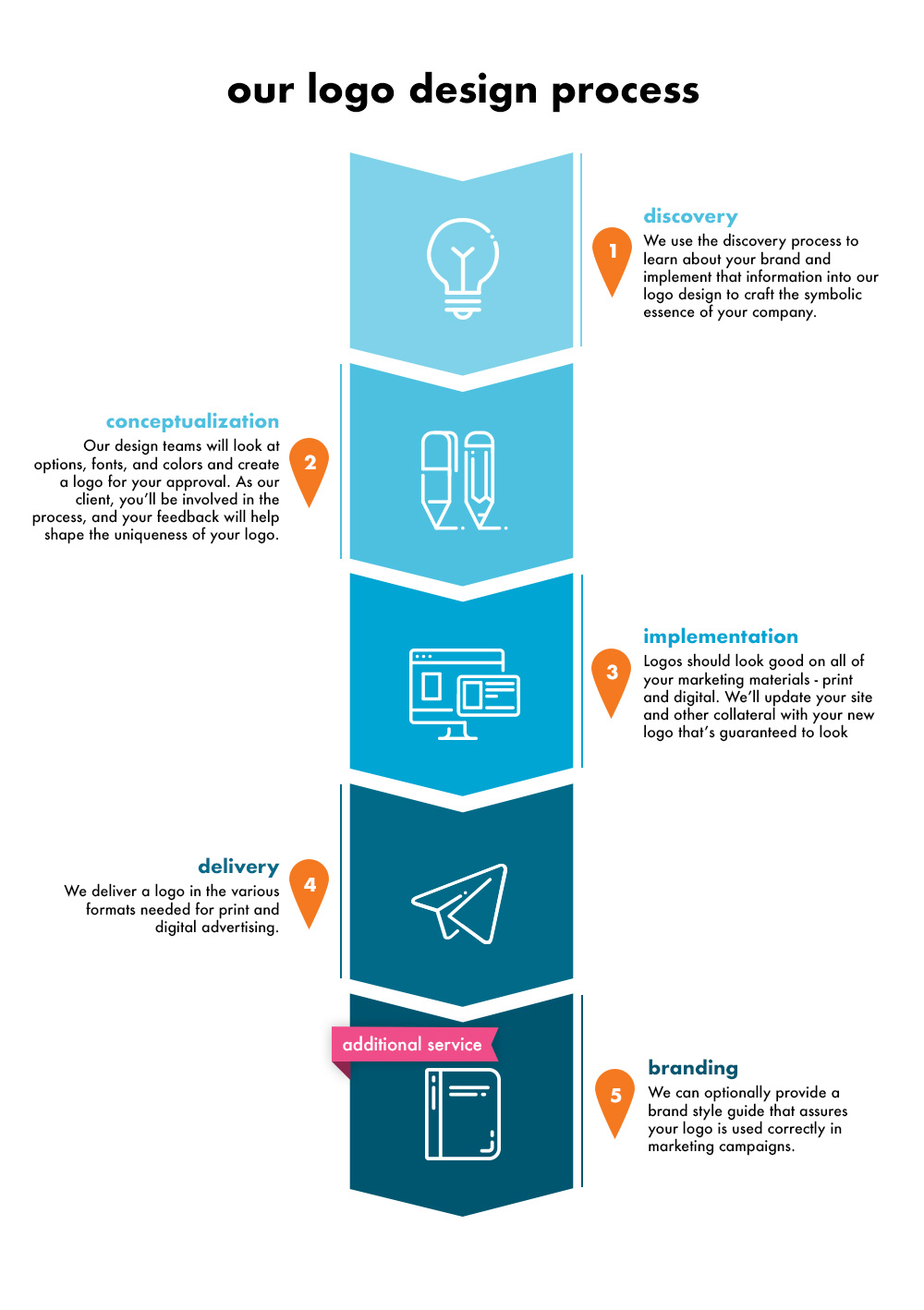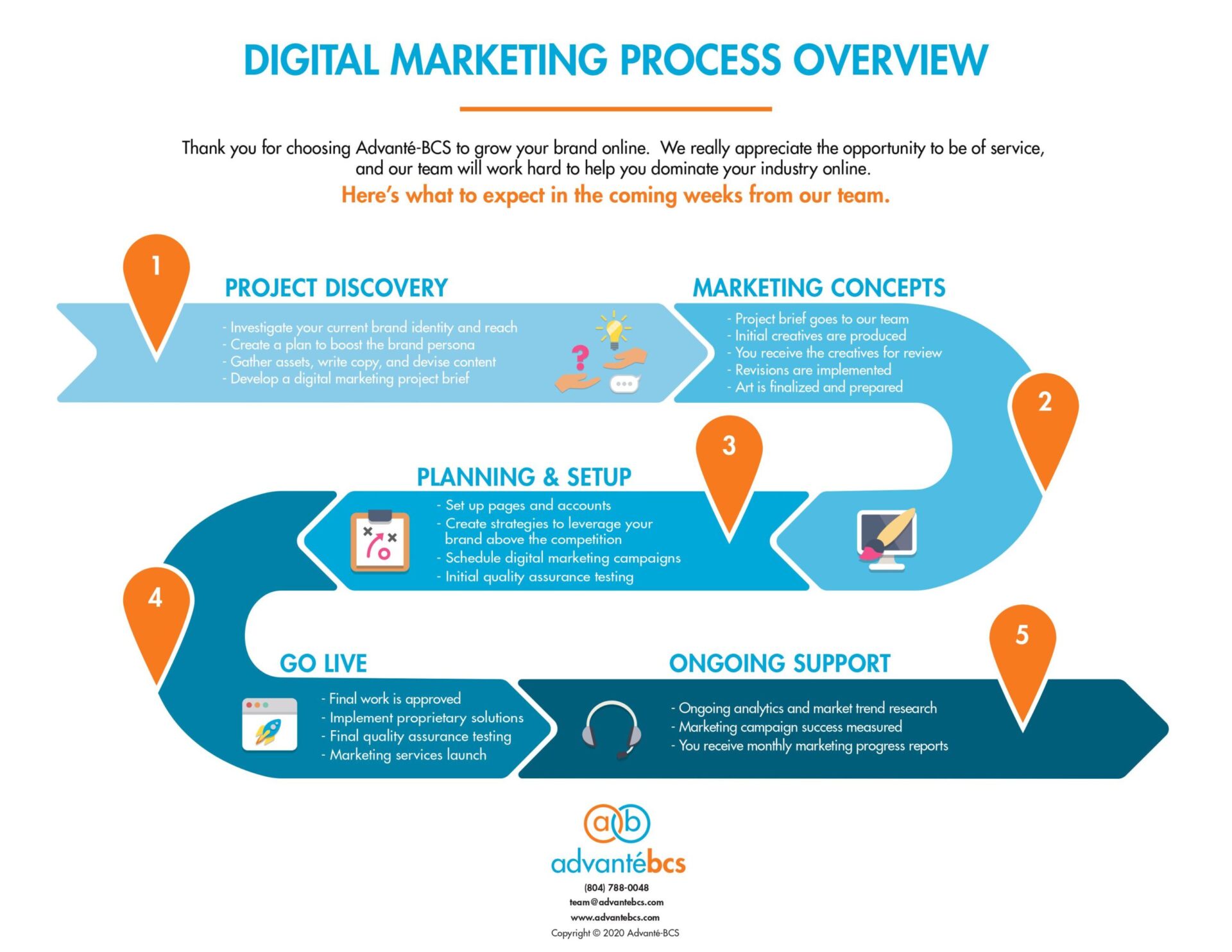
In today’s digital landscape, online reputation is everything. When people are interested in a business, they go to Google to learn more about the company or product. Unlike traditional methods of reputation management, word of mouth spreads faster online with access to blogs and review platforms as conversations about businesses have become more common online.
Your reputation can impact a range of areas in your business from loss in revenue to customer trust, which is why a solid online reputation management strategy is necessary.
What is Online Reputation Management?
Online reputation management, or ORM, is the process of monitoring and maintaining your business perception across the internet. ORM aims to shape current and potential customer opinions based on your online presence. Different factors largely influence your company’s online reputation, so it’s important for every business to implement an ORM strategy.
ORM sounds similar to public relations (PR), which does have some overlap with the public perception of your brand. However, PR focuses on leveraging relationships and how your brand is viewed in traditional media by the public while ORM focuses specifically on online reputation.
Why is Managing Your Online Reputation Important?
There are many benefits to online reputation management, from boosting sales and creating greater brand recognition to improving positioning on search engine results. Your online brand reputation also builds credibility and trustworthiness for consumers seeking information to make buying decisions.
It can take years to build a strong reputation, but access to information online also opens doors for people to communicate about brands and their experiences—good and bad. This can negatively influence the perception of your brand quickly.
What Contributes to Online Reputation Management?
There are many factors that contribute to your business reputation, including the different media channels, which are mediums that businesses utilize to promote their brand or engage with their target audience.
Understanding the difference in media channels is necessary so you know which channels to use when distributing content to your audience as well as where to look when building an ORM strategy.
Owned Media – Owned media consists of content that is created and owned by your company, such as your website, social media, blog, podcasts, case studies, and videography. This media gives you complete control over your message and brand so that it aligns with your audience and marketing goals.
Paid Media – Any form of advertising, whether traditional or digital, is a form of paid media. Online reputation management focuses on digital advertising. This can include sponsored content (blogs, influencer collaborations), retargeting, social media or display ads, and paid search.
Earned Media – Earned media refers to any company mentions or recommendations received by customers, media outlets, or influencers. This form of media is the most valuable and trusted because it showcases the quality of the product or service. This can also include features or mentions on news sites, blogs, review sites, press releases, social media, and digital magazine press.
How to Effectively Manage Your Online Reputation
To manage your company’s online reputation, here are four effective steps to maximize your digital presence.
1. Conduct an Online Presence Audit
Start by reviewing your website, blog, social media, and any other profiles like Google Business Profile. Regularly search your brand on social media and similar platforms to gain insight into what consumers are saying and how your brand is being perceived.
You need to know what is being said about your business. Check your recent mentions—how many were positive, negative, or neutral? This will indicate what the average searcher sees about your brand.
While it doesn’t apply to social media platforms, you can set up Google Alerts to automatically notify you when your business is mentioned on websites.
For websites with a business profile, including socials, make sure you are optimizing your presence with updated information on your page, and if possible, use a custom URL with your business name.
2. Manage Online Reviews
Online reviews are a great way to raise visibility, help reputation, and show you’re a trustworthy brand. You can expect that most people seeking out a solution or looking for more information on your business will read reviews.
There are effective ways to encourage customer reviews, but you also need to monitor what is being said in online reviews so you can respond professionally and accordingly. Building more positive ratings and responding to every positive review helps you differentiate yourself from competitors. It’s also important to address any negative feedback because review platforms often rank high on search engines.
3. Engage with Your Audience
Customer engagement has never been more crucial with many customers finding the experience they have, off and online with a company, just as influential as the product or service. This experience is not limited to social media and gives you the opportunity to connect across channels. You should deliver personalized experiences with customers whether it’s after transactions, answering inquiries, or responding to comments on social platforms.
You should have already identified your target audience and have an understanding of their wants and needs to create on-brand content that is educational and shareable. Online platforms give you the ability to create positive, engaging experiences for potential and existing customers.
4. Monitor with an Online Reputation Management Strategy
Establishing a strong ORM strategy that is consistently monitored will give you a real-time perspective on your online presence. Monitoring not just social and website mentions, but also ensuring any negative comments or issues are addressed promptly is essential in maintaining your reputation.
With an ORM strategy in place, your team will be able to establish an online presence that’s strong, consistent, and has the tools and resources to maintain it across channels.
Effective online reputation management is critical for any business and can improve search engine rankings as well as customer retention and acquisition by providing valuable feedback to make improvements. Get in touch with us to set up a consultation and explore the ways our marketing services can assist you in achieving your goals.




























